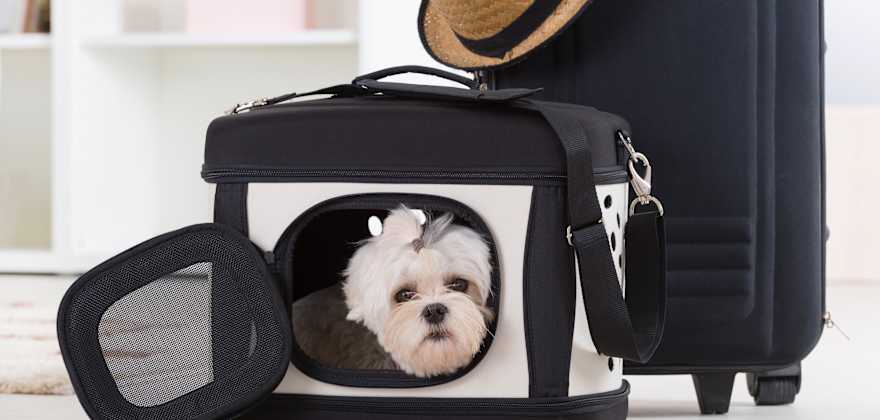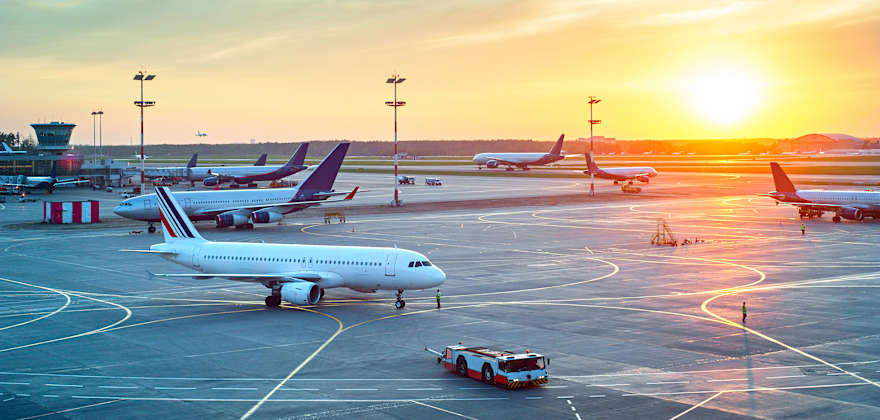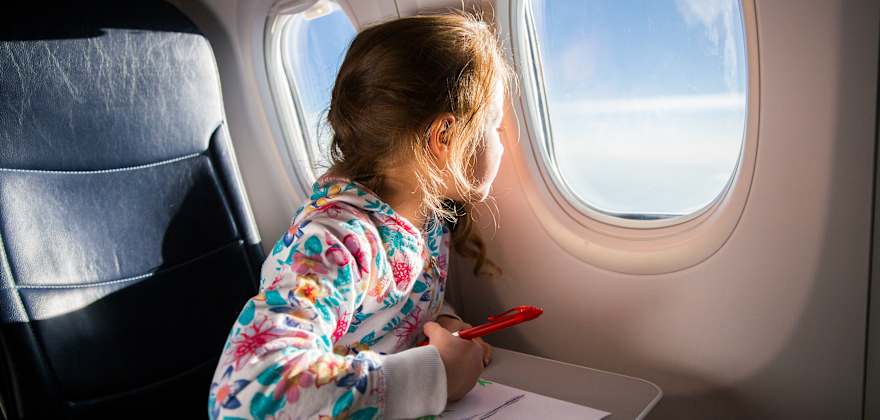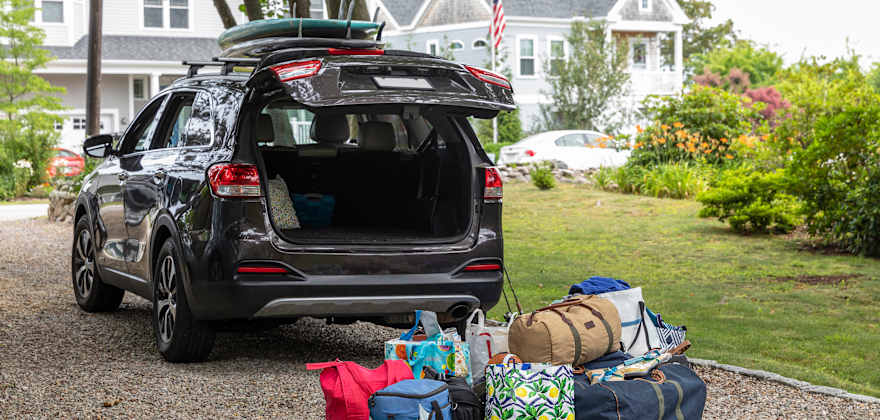Expert Travel Tips
Check out travel tips from experts, and get advice on topics like packing, travel safety, traveling alone, saving money, and more. Via helps you outsmart the challenges of travel in the U.S. and abroad so you can travel better and experience more.
Follow a few rail travel guidelines to save money and ride comfortably.
From weather to wildlife and more, here’s what to expect on an expedition
Make clearing security or U.S. Customs easy with TSA PreCheck, Global Entry, and others.
Don't spend your whole paycheck on new camping gear. Rent from one of these companies instead.
Ease stress and keep your infant, toddler, preschooler, or school-aged child happy from security to landing.
Follow these strategies to keep your home safe and have a smooth experience on the road.
Want to get away next weekend? It’s not too late to land a spot at sea.
Four unexpected ways to save money on your next trip.
Get what you need for an epic trip without cluttering your home or spending a small fortune.
Don’t fall for fake IDP websites.
Explore a bucket-list destination and get the best value with these tips.
Follow these 5 tips to secure a spot and ensure you have the best camping experience possible.














